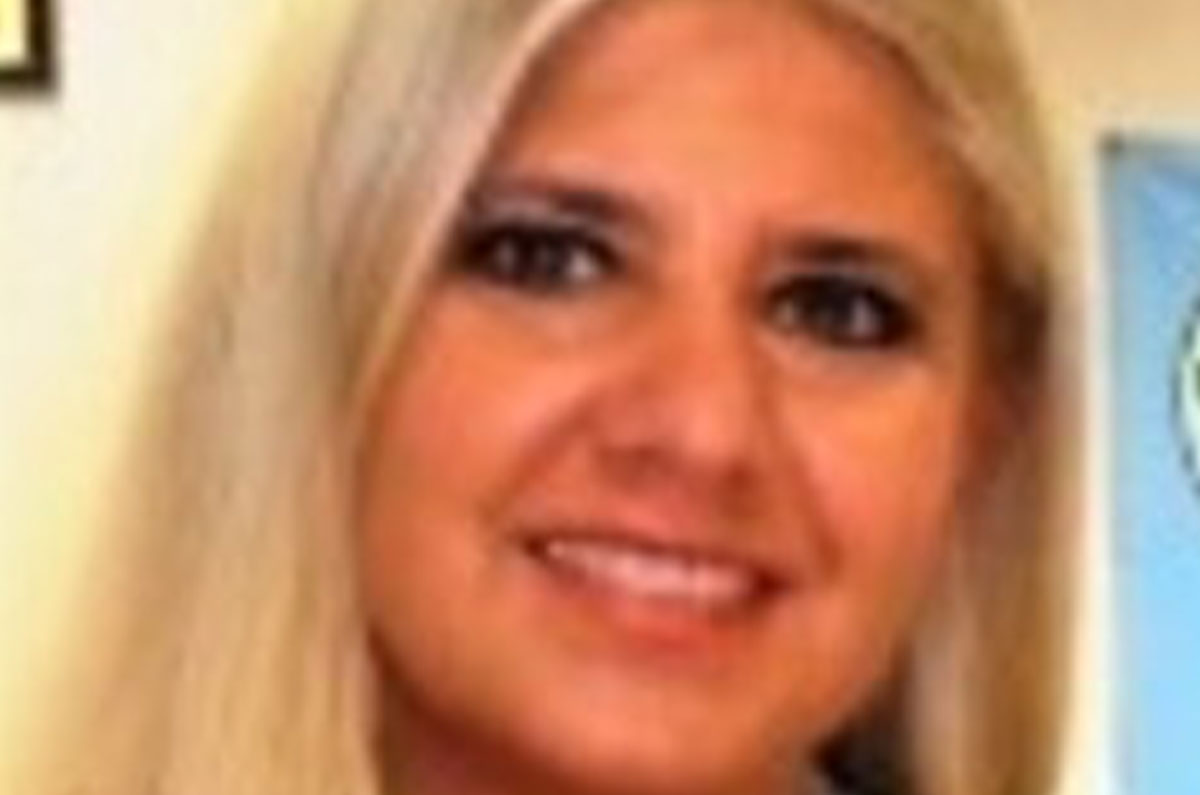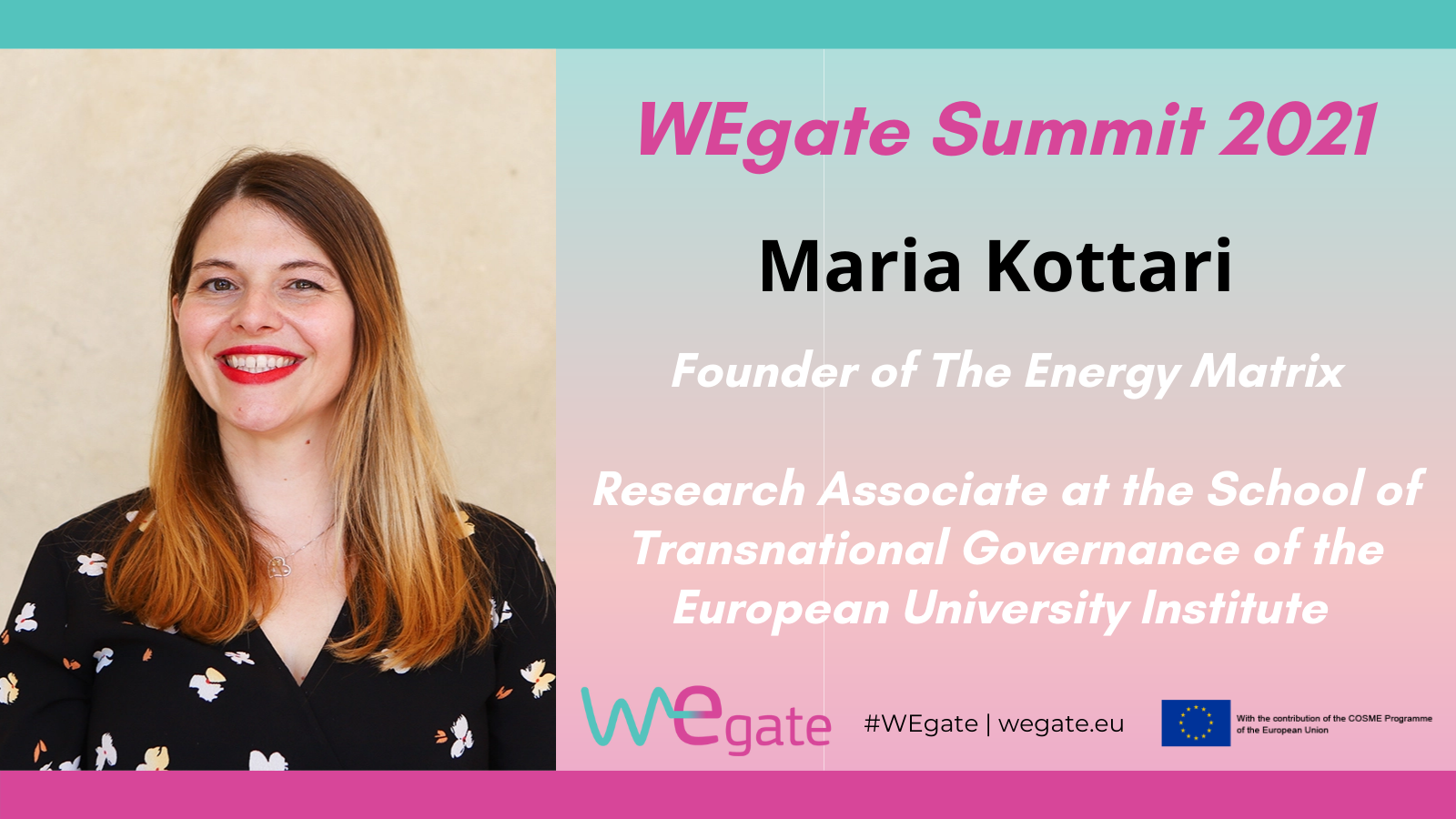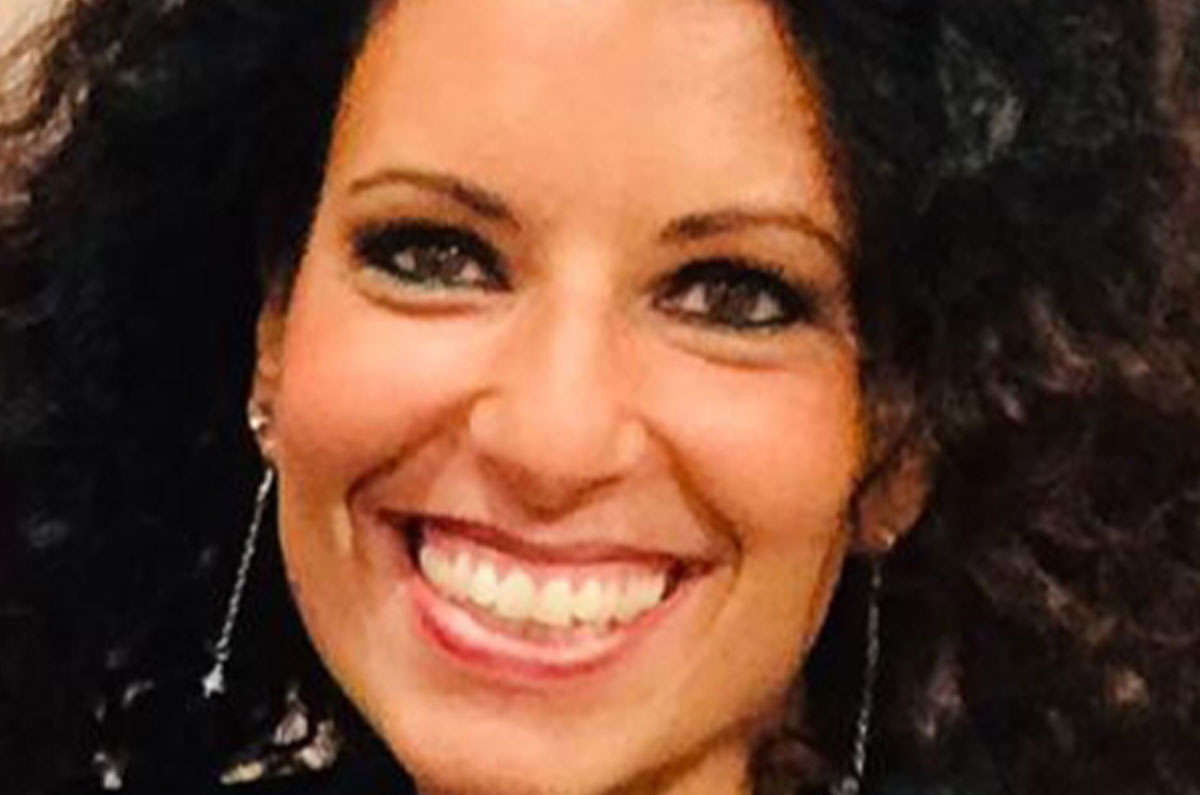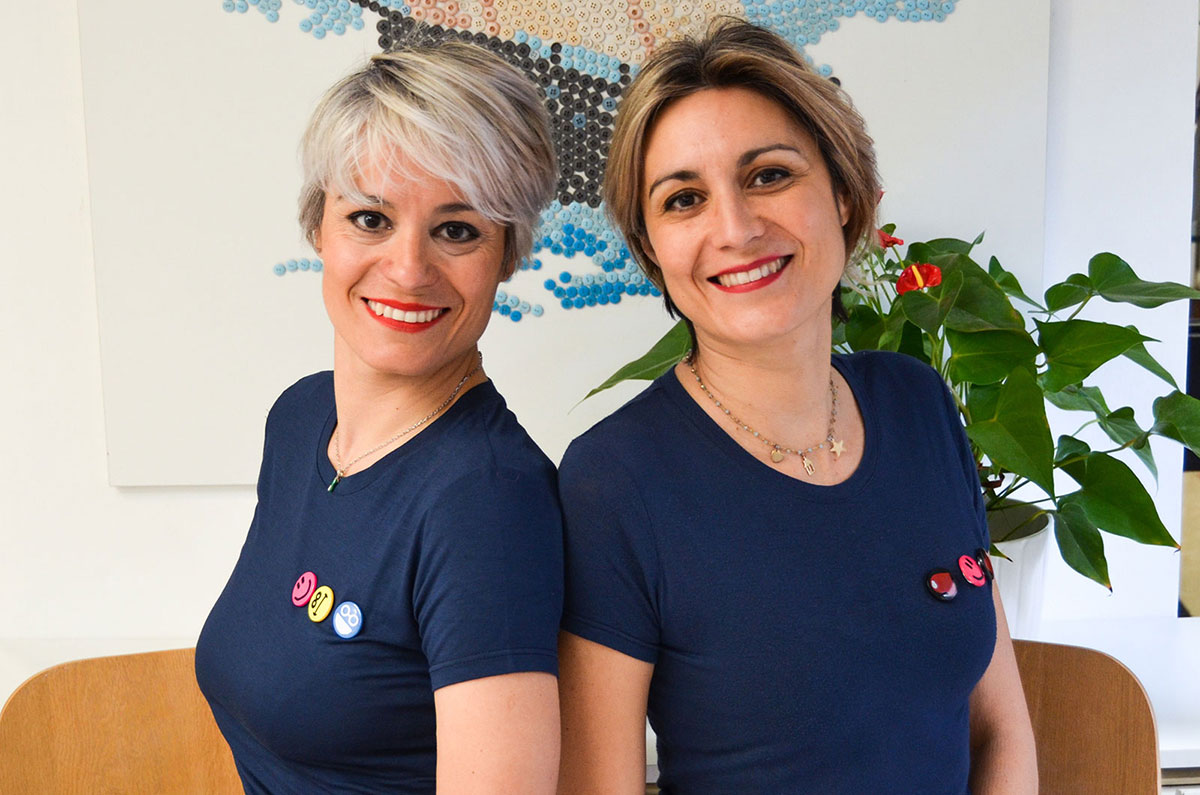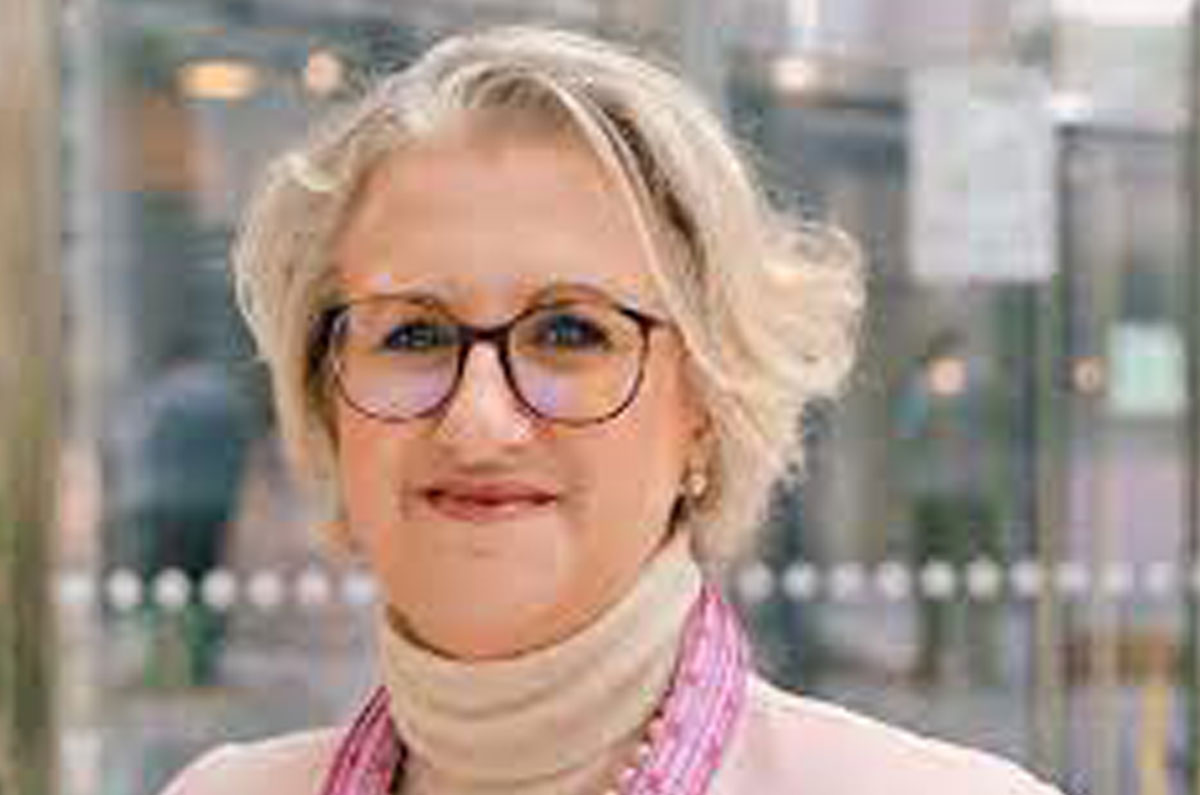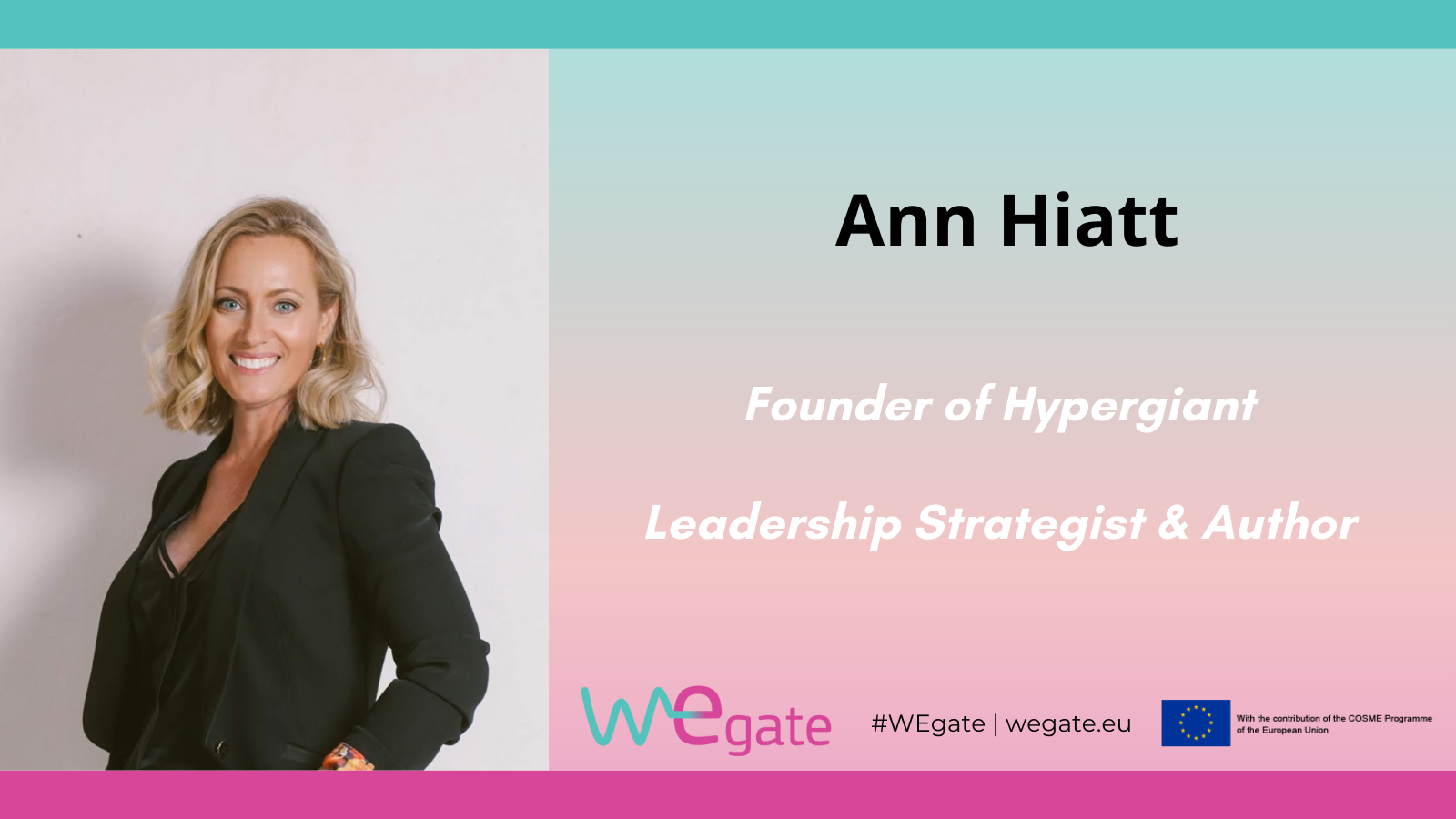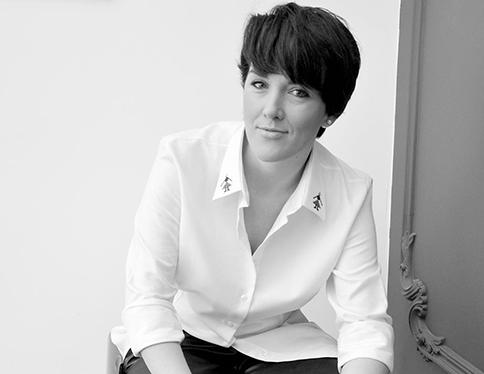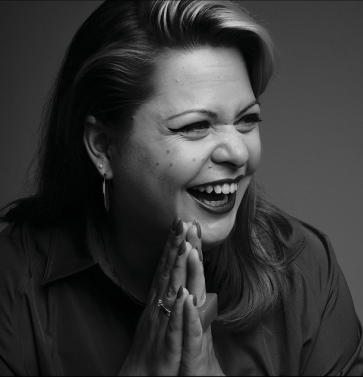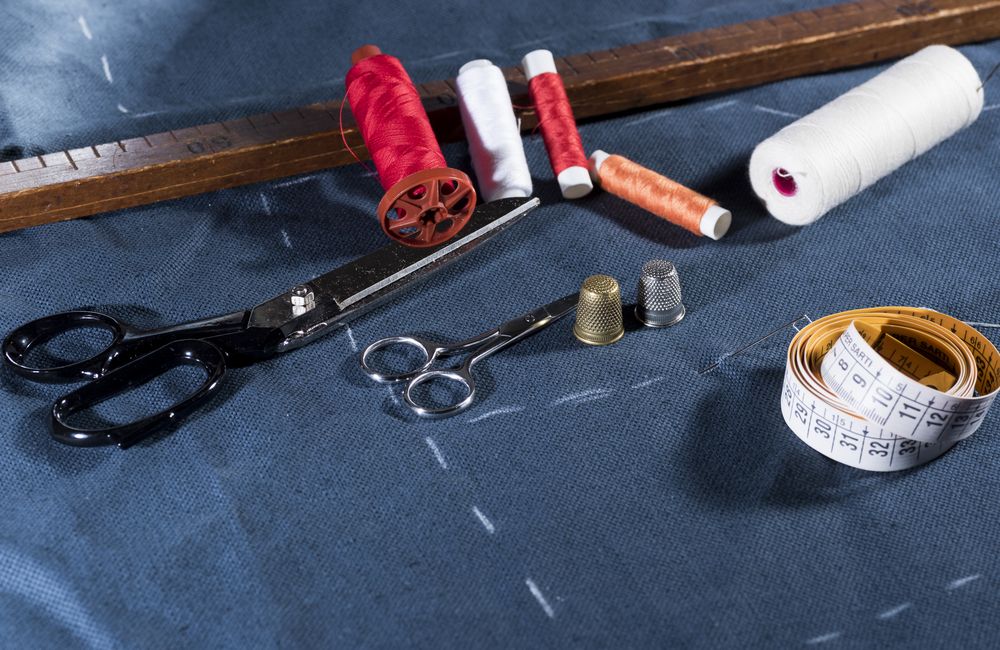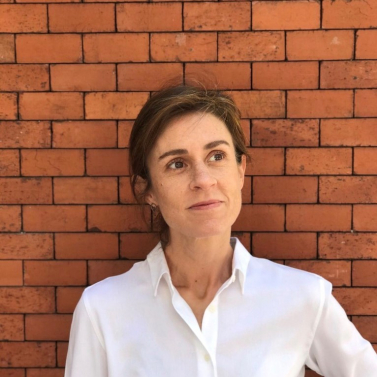Paula Fitzsimons
Founder and Managing Director of Fitzsimons Consulting and Director of Going for Growth and ACORNS
“Look for support wherever you can find it and never be afraid to ask for help.”
Paula Fitzsimons, Founder and Managing Director of Fitzsimons Consulting and Director of Going for Growth and ACORNS
- Fitzsimons Consulting focuses on the key areas of entrepreneurship and growth
- Going for Growth is an initiative that helps women grow their businesses
- Paula is also the national coordinator for the Global Entrepreneurship Monitor Ireland
Paula Fitzsimons is the founder and managing director of Fitzsimons Consulting, which specialises in consultancy assignments in entrepreneurship, growth and sectoral development strategies, targeting both the public sector and private clients. Paula has also been the national director of Going for Growth for the past nine years, an initiative she launched to support women looking to start and grow their own business. More recently, she has created a new initiative: ACORNS – Accelerating the Creation of Rural Nascent Start-ups. Both initiatives are based on peer-led approach and the idea that entrepreneurs learn most from one another. Here, she explains why it is important to support and learn from women entrepreneurs.
WEgate: What is Going for Growth and how does it help women entrepreneurs?
Paula Fitzsimons: Going for Growth is designed to help female entrepreneurs to be ambitious by supporting them with their aspirations to grow.
We believe that entrepreneurs learn best from each other. Accordingly, the initiative is based on interactive round-table sessions that are facilitated not by consultants, academics or professional trainers, but by successful entrepreneurs.
Participants are provided with a unique learning environment with a peer-led approach based on the shared experiences of both the Lead Entrepreneur and others facing common challenges.
Up to eight participants are selected to join the Lead Entrepreneur in a dialogue with a group of like-minded women. Although the businesses will be different, many of the issues will be similar. A circle of trust develops around the table and all matters discussed remain confidential.
Most owner managers agree that it can be a very isolating experience and can be difficult to find someone on your wavelength who understands the issues involved. The Going for Growth round-table initiative sets out to address these challenges.
Orientated towards actions and results, the initiative is based on real experience of what has and has not worked in real- life situations. Results are measured not only in greater ambition, motivation and confidence but also in additional sales, employment and in the number of first-time exporters. Over six months, the 62 participants who completed the most recent cycle increased their sales by a total of EUR 7.8million (28 %), employment in their businesses rose by 17 % and there were nine first-time exporters.
To date, more than 450 female entrepreneurs have been involved in one of the eight cycles of Going for Growth. Many remain connected to the initiative and past participants have created a community to learn, network and do business together.
Supported by Enterprise Ireland and KPMG, the participants are not charged when they first join Going for Growth but pay a small fee when they complete their cycle, if they wish to become a member of the Going for Growth community.
What or who inspired you to set up Going for Growth?
I have dedicated my consultancy to entrepreneurship and growth for many years now and am national coordinator of the Global Entrepreneurship Monitor (GEM) for Ireland. When we first conducted GEM research in Ireland 15 years ago, it was clear that more men than women were early-stage entrepreneurs; the ratio was about 2.5:1. As GEM research is carried out each year, I was able to track changes in this year on year and draw it to policy-makers’ attention. The issue came under the spotlight and many initiatives were introduced at both local and national level to further encourage women to become entrepreneurs and to support them in making this decision.
As I looked into this further, it became clear to me that the real issue was not just about the number of men and women starting businesses but about what happened in the years that followed. Drawing on GEM research, I realised that the real differentiating factor among early-stage entrepreneurs was their ambition for growth. Male entrepreneurs were six to seven times more likely to expect to employ ten or more people after five years. That was very significant as the positive impact of the entrepreneurial effort on the individual, their families, communities and wider society was likely to be greater if the new business in which they were involved grew and employed others.
For me, the eureka moment was realising that the challenge was not to get more women to start businesses but to get more to want to and to be able to grow their businesses. Going for Growth grew from that insight and an understanding that entrepreneurs learn best from each other.
More recently, I have set up a new initiative called ACORNS – Accelerating the Creation of Rural Nascent Start-ups. It is based on the same peer-led approach and the voluntary ACORNS Lead Entrepreneurs are drawn from the Going for Growth community. They have all started and grown businesses in rural Ireland and, having benefitted significantly from their Going for Growth experience, are prepared to give something back by supporting others at an earlier stage in their entrepreneurial journey.
Supported by CEDRA’s Rural Innovation and Development Fund through the Department of Agriculture, Food and the Marine, the Minister announced a further phase of the initiative based on the success of the pilot and this has recently got underway.
Women are in the minority among entrepreneurs. What are the main challenges they face in setting up their own businesses?
Setting up a new business is never easy and both male and female entrepreneurs face many obstacles. However, female entrepreneurs, in particular, are often hampered by a lack of confidence and a tendency to underestimate their own capabilities. This affects a woman’s decision to become an entrepreneur in the first place and subsequently, among those who decide to pursue an entrepreneurial career, many have lower ambitions for their new business than men.
In GEM, we ask the question of the general population: do you believe that you have the skills and knowledge to successfully start and manage a new business? Year on year, many more men respond positively to this question. This is not only true in Ireland but in virtually every country across Europe and in North America.
By deciding simply to create a job for herself rather than build a business, many women condemn themselves to longer hours and poorer terms and conditions than when they were employed.
Through Going for Growth and now ACORNS, we are demonstrating that women have the ‘permission’ to succeed as they can see close up how other women have overcome the same challenges and barriers they themselves face. As they see themselves making progress towards their goals with the support of others in the same situation, it reduces their psychological isolation while increasing their confidence.
Can you tell us a success story from one of the entrepreneurs who has benefitted from Going for Growth’s help?
Anne Cusack of Critical Healthcare has a background in science and a PhD from Trinity College Dublin. Her career began in Pfizer in the early 1990s before joining Biotrin International, a diagnostics and biotechnology company. “As time passed, I realised it was time to reassess how I wanted my career to progress.”
After looking at the healthcare market for opportunities in Ireland, Anne identified a gap in the emergency care market that needed radical improvement. In 1999, she established Critical Healthcare. In 2012, Anne took part in the fourth cycle of Going for Growth.
The company now manufactures and distributes more than 2000 emergency medical products to ambulance providers, fire services and the pre-hospital market in Ireland and the UK. Most recently, the company secured major contracts with Medlogistix from the HSE, Dublin Fire Brigade and the Irish Coast Guard. They have also implemented Medlogistix across the three largest private ambulance operators in the UK and trials of MediQuilt are ongoing with two NHS Ambulance Trusts.
Anne feels she has gained so many tangible results from taking part in Going for Growth: “I had a reasonably healthy, lifestyle business in a difficult market in which I felt we had achieved our potential. We were holding steady at about 10 % growth per annum in the Irish market and employed a team of 8-10 people. Since participating in Going for Growth, I have not only learned and grown personally, but the business is continuing to grow at over 30 % annually, and we are increasing our export sales each year. Today, we employ 20 people and plans are under way to expand further into mainland Europe.’’
Anne and her team have won numerous awards including the SFA Innovation Award 2013 and the IMSTA (Irish Medical and Surgical Trade Association) Best Services Company Award 2014.
Anne Cusack is a member of the Going for Growth Community and is an ACORNS voluntary Lead Entrepreneur.
What piece of advice would you give new entrepreneurs?
It may seem like a roller coaster, and you will need persistence and tenacity. Look for support wherever you can find it and never be afraid to ask for help. Many successful entrepreneurs tend to be incredibly generous with their time as they remember back to what is was like starting out.
Favourite quote/motto?
Try, try and try again with your vision clear and in front of you and always treat others as you would like to be treated.





